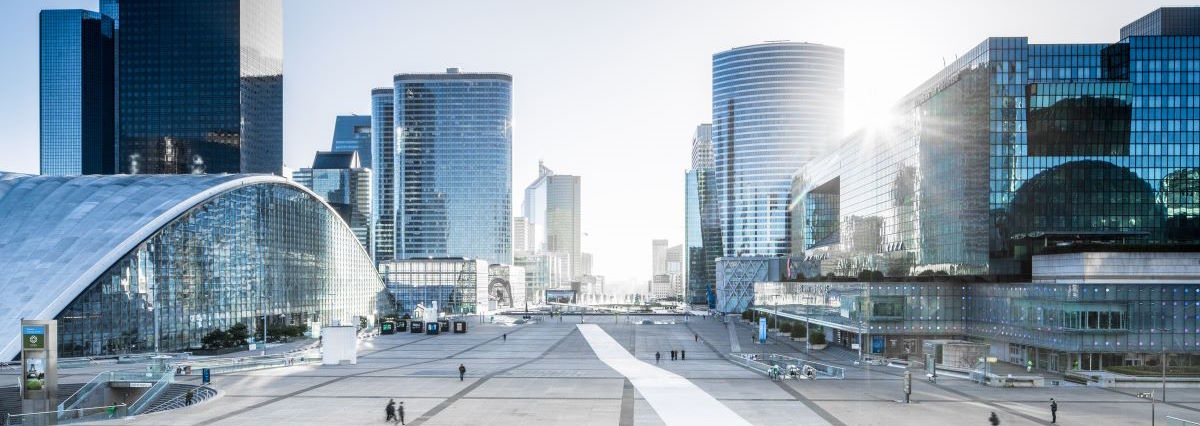President-elect Obrador inherits a resilient economy and is given a strong mandate for reform. Yet, we expect only partial implementation of his proposals
AMLO inherits a resilient but underwhelming economy
On Sunday July 1st, Andrés Manuel López Obrador (AMLO) won the Mexican presidential election by a landslide (53% of the vote share) and his coalition Together We Will Make History now holds a majority of seats in both chambers of Congress. What Mexico does he inherit?
Mexico’s economy should continue showing resilience. The election of Donald Trump in the US brought the currency to an all-time low in January 2017 (MXN 21.9 per USD), and caused business confidence to drop to its lowest level in 8 years. Yet, the economy grew +2.0% in 2017 after +2.9% in 2016 and is on track for a strong performance this year (+2.5%). This is attributable to (i) an accelerating US cycle driving industrial production and exports (80% of which go to the US); indeed despite a bleak investment cycle, industrial production remains at a high level. (ii) Tight labor market, with unemployment at a record low (3.40%) and wages picking up.
Mexico’s macroeconomic policy management boasts a sound track record: Fiscal policy is constrained by the 2006 Fiscal Responsibility Rule and its enriched framework (fiscal deficit hovers around -1% of GDP). Monetary policy has been proactive. Since the Fed’s first hike, the Central Bank hiked the official rate 13 times to tame inflation (now at +4.5% down from +6.8% in Dec.2017) and avoid a wave of capital outflow.
On the other hand, the economy is held back by an inhibited consumer, in a context of still high inflation and tight monetary policy conditions (policy rate at 7.75%). In addition, Mexico exhibits structural vulnerabilities. The business environment worsens as the country has fallen more than 30 ranks in Transparency International’s Corruption Perception Index in the last two years, and the number of homicides in 2018 is expected to be double that of 2014. Poverty (44% of the population) and inequality between the North and South remain persistent issues.
Partial policy implementation, and continued volatility in sight
The immediate aftermath of the election has been comforting for companies, with reassuring messages sent by AMLO’s nominations of pro-business figures to key posts. The MXN peso even erased its losses is now up +3% year to date. We do not expect a major fiscal drift, but our 2019 growth figure (+2.1%) is subject to an upside risk, as we learn more about the projected fiscal stimulus. AMLO indeed intends to remediate to the atony of investment by increasing public investment from 2.6% to 5% of GDP, and boost private consumption through social spending (2% of GDP). It is less likely that he maintains fiscal accounts balanced (see table below), as financing fiscal spending only through better allocation of public funds and fighting corruption is unrealistic. Going forward, two main risks and sources of volatility remain: the renegotiation of NAFTA and the future of the energy sector, a target of the new Mexican president.















